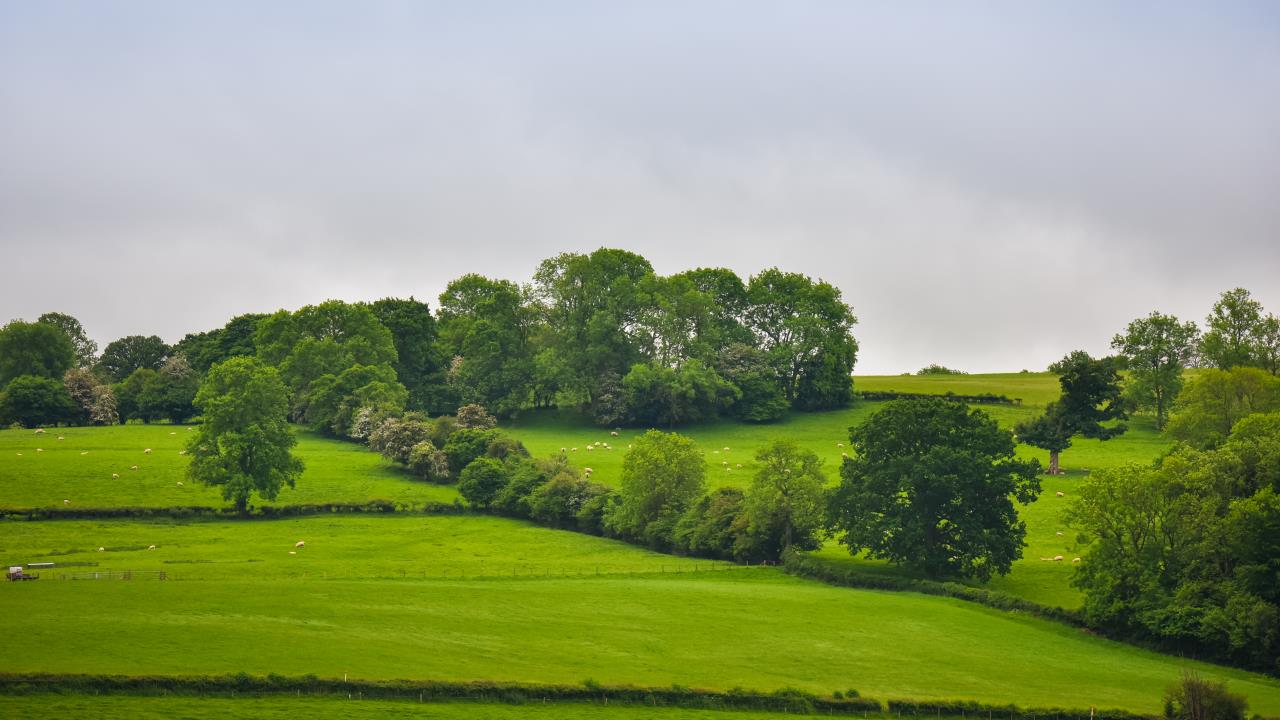
“What is the current state of British nature?” This question motivated Mark Cocker to write his latest book, which explores wildlife conservation from historic, cultural and political perspectives.
“My autobiography is bound up in the story of the development of conservation,” he said. The naturalist, environmentalist and author of 11 books talked to Hay’s Sustainability Director Andy Fryers about Our Place: Can We Save British Wildlife Before It is Too Late?. He noted that it is his most political work yet and pointed to society’s inability to confront the truth about the levels of environmental loss in recent years.
The writer owns a five-acre plot of land called Blackwater near his Norfolk home, and said his personal experiences of encouraging biodiversity and managing land are bound up with issues about environmental conservation. His book tells the lesser known stories or “creation myths” of wildlife conservation’s development, particularly since the 19th century, including the founding of the Royal Society for the Protection of Birds.
Cocker strongly advocates the use of English plant and insect names, like the marvellously named Bonking Beetle, and said that Latin terms shed a certain snobbery on environmental engagement.
Despite the alarming loss of wildlife and habitat, and the disastrous EU Common Agricultural Policy (CAP) which Cocker called “a prison sentence for our biodiversity”, the writer remains optimistic. “We have a moment for hope by placing nature centre stage in our cultural and political life,” he said. Our Place recognises the extraordinariness of the natural landscape, and asks that we engage with what the environment does for us on both a practical and cultural level.